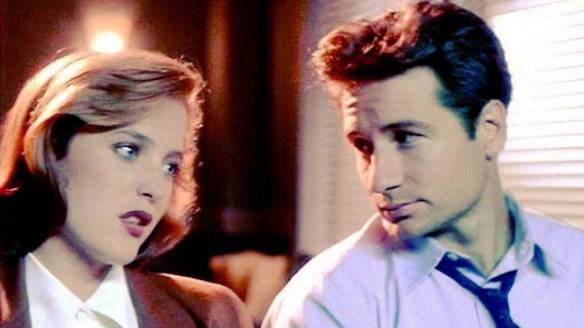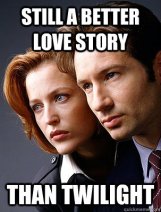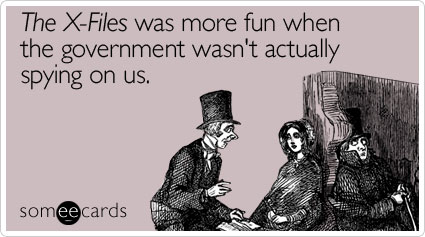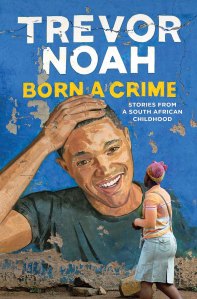My cousin Louis (pictured above with cookie monster hair) has been talking about Crazy Rich Asians by Kevin Kwan for a while. It just so happened that I had a copy sitting on my shelf for months and I just hadn’t gotten around to reading it. Around three chapters in, I decided that I didn’t love it.
Half way through the book, my cousin invited to come to an event at Chapters Indigo bookstore for an “In conversation with Kevin Kwan” event where the author would be interviewed about the third book, Rich People Problems, in the Crazy Rich Asian trilogy. It completely changed my perspective of the book and made me like it that much more.
Crazy Rich Asians is about exactly that – Asians who are so rich, they spend money like they’re crazy. Scene one – an Asian family faces discrimination at a fancy hotel in the UK.
Existing Asian-American fiction would turn this experience into a story about the will to overcome racism, to fit in and succeed in a new land through hard work.
But this is Crazy Rich Asians. So the family buys the hotel and checks in for the night.
At the event, Kwan reminded us that this is a new world. One where China turns farmers into billionaires overnight while the Western world slowly recovers from a recession. Crazy Rich Asians confronts the conflicts between old and new money in the East, giving us a glimpse into a world most of us in North America rarely see. It makes us envious and then, it makes us laugh.
At least, it tries to make us laugh. Kwan doesn’t want to pass judgement on these crazy, rich Asians. That’s the reader’s job. But as a reader, I’m left wondering if this is a tell-all or a satire because it doesn’t fully achieve either. Also, there are pages and pages of descriptions into luxury goods. So much that it distracts from the story line.
But what won me over was when Kwan talked about how his character’s “spoke to him” during the writing process. And it shows. You can tell that the characters are all created out of love — from obnoxious Eddie to beguiling Astrid.
When asked how many characters were based on real people, Kwan told the crowd that obnoxious Eddie was in fact based on a real person. In fact, this person had approached Kwan begging to be in his future book, not recognizing that he was already there. If you know Eddie, this will make you laugh.
If you’re looking for a fun summertime read, reach for Crazy Rich Asians. If you love it, complete the trilogy with China Rich Girlfriend and Rich People Problems. By then, the movie for Crazy Rich Asians will probably be out — it promises to be the first movie with an all Asian cast since the Joy Luck Club.








 In February, I went to my friend S.J.’s wedding in the Philippine’s. I loved, loved, loved the Philippine’s – the people, the places, the food.
In February, I went to my friend S.J.’s wedding in the Philippine’s. I loved, loved, loved the Philippine’s – the people, the places, the food.


 For those of you who are fans of The Daily Show, you should get your paws on Trevor Noah’s autobiography, Born a Crime. Better yet, get the audiobook version (read by Noah) like I did after my friend, C., highly recommended it. (Thanks C.!)
For those of you who are fans of The Daily Show, you should get your paws on Trevor Noah’s autobiography, Born a Crime. Better yet, get the audiobook version (read by Noah) like I did after my friend, C., highly recommended it. (Thanks C.!)